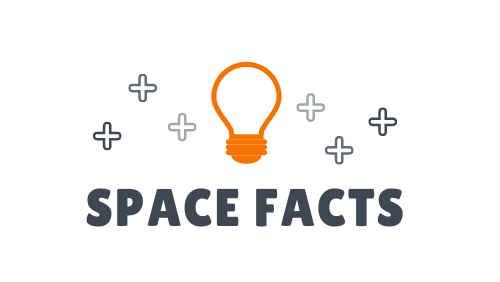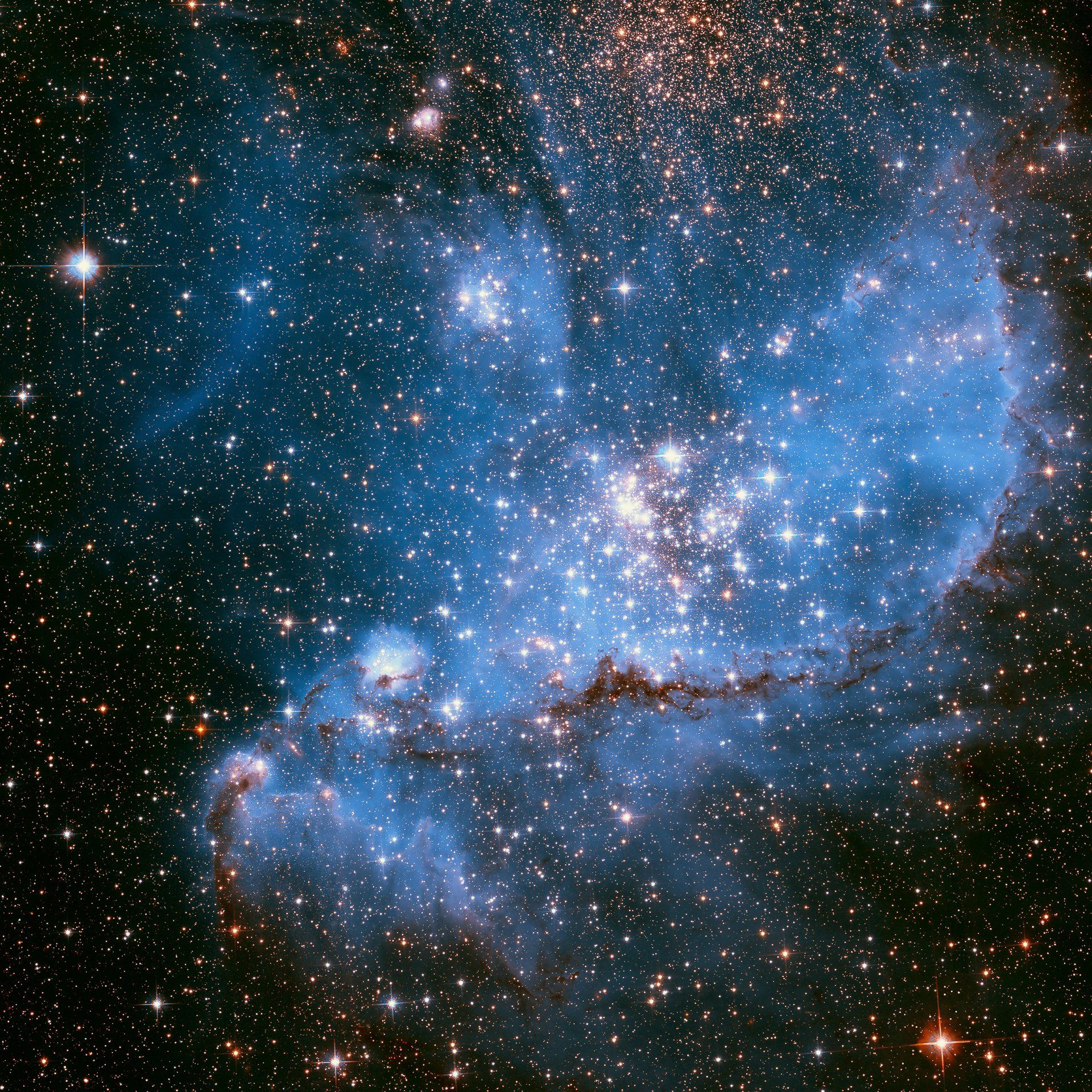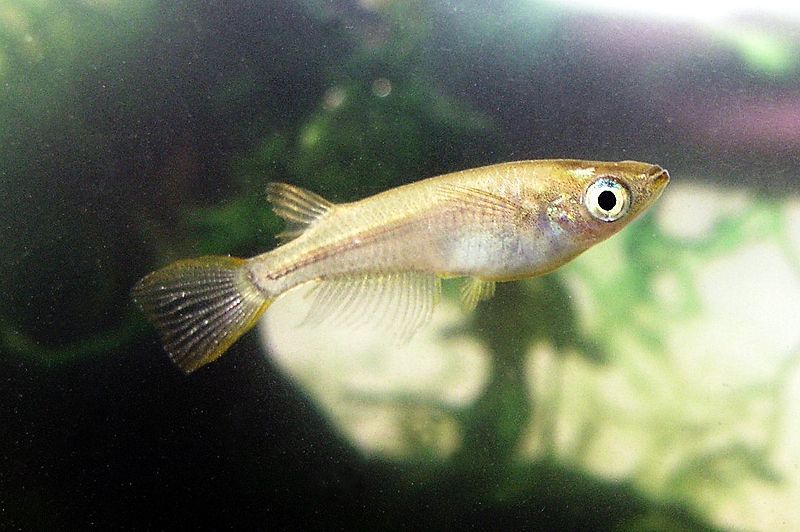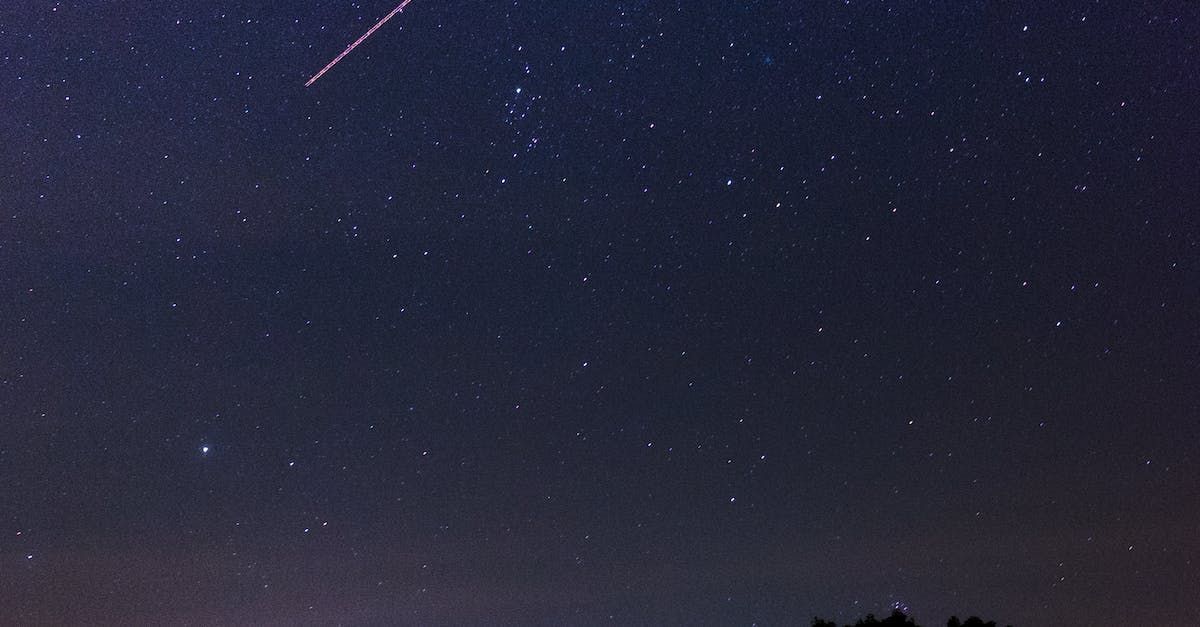10 Best Telescopes for Astronomy
Top 10 Best Telescopes For Astronomy
Our list of the best telescopes for astronomy is for you if you have ever looked up at the night sky and wondered just what is out there. You are a very long way from being alone. Every single day, all over the world, thousands of would-be and amateur astronomers are taking up their telescopes and looking heavenward.
If you hadn’t heard, the universe is kind of a big place. Luckily this means there is no shortage of amazing things to see. The Milky Way alone, which is where we live, is home to over 100 billion stars. With a telescope, you can pull back the black blanket of the night sky and see things your eyes on their own cannot.
Choosing a telescope isn't always the easiest thing, but that's why you are here – so here are our 10 best telescopes for astronomy, in no particular order.
1. Celestron 21023 Cometron FirstScope White
As a part of the name would suggest, the Cometron FirstScope is meant for beginners. It is a very popular choice for those starting out or as a gift for a younger curious stargazer. Commonly used for ‘moon gazing’ it is also used for observing comets, galaxies and constellations.
Because of its low price, ease of use and wide view it is an excellent first-time scope.
2 70mm Astronomy Refractor Telescope with Adjustable Tripod
Another beginner telescope, this refractor model is very lightweight and comes with a full tripod which means it is highly portable. The 70mm aperture, optical glass with its high transmission coatings makes for crisp and clear images.
Ideal for those starting out that want a tripod base rather than having to move other objects to stand it on. The manufacturer also offers lifetime VIP support, so if the unexpected should happen – give them a call.
3 Celestron 21049 Powerseeker 127 EQ
The Powerseeker 127 EQ from Celestron is a great package and it features a 127 mm aperture telescope at a more than a competitive price for the equipment. This makes it perfect for those on the look for an instrument that allows them to observe the solar system.
If you have experience with this type of telescope (equatorial mount, slow-motion controls, polar alignment, collimation of mirrors) or are willing to learn, then this system offers very impressive celestial sights.
4 Celestron Inspire 100AZ Refractor
An excellent telescope for those on a budget, the Celestron Inspire 100AZ is an excellent choice for anyone looking for a complete package. The 100AZ offers more in the way of accessories than most other starter telescope bundles.
The overall build of the telescope is impressive, and the user will be able to pick out faint stars, even under moderate light pollution.
5 Celestron NexStar 8 SE Computerised Telescope
The NexStar 8 SE strikes an excellent balance between price, power and convenience. It is a slightly larger size than some similar units but it is still portable due to its compact design. The NexStar carries a slightly larger price tag than some here, but the increase in the light captured, along with the subsequent uptick in imagery quality.
The telescope is computerised so an outlet or power pack will be needed. Its computerised nature means that this telescope will find the celestial bodies on your behalf, so all you have to do is enjoy the view.
6 Celestron 31145 NexStar 130 SLT Computerised Telescope
This is a great telescope for amateur astrophotography – it comes complete with the ability to track different celestial bodies. The components of this model mean that it can be operated remotely using a PC or laptop: technically, you don't even have to be in the same country to use it.
The high-speed nature of the scope (lens speed, short focal length) makes this great for wide-field astrophotography or for displaying views of deep-sky objects.
7 Celestron 31042 AstroMaster 114 EQ
If you are in the early stages of your stargazing journey, the AstroMaster is possibly the best model for astrophotography.
The scope was specifically designed to provide crystal clear images of planets, but it will work great with stargazing too. The steel tripod construction serves as reliable support for the scope.
8 Celestron StarSense Explorer 102AZ
Fully compatible with the Celestron StarSeeker app, users can connect their smartphone (Android, iOS) to the StarSense Explorer model. The app allows for better positioning of the telescope so you can find the required space-based object.
The StarSense Explorer has a four-inch XLT-coated lens and aperture. these work in tandem to better highlight celestial bodies.
9 Orion 27191 StarBlast 6i IntelliScope
The Orion StarBlast is among the very best reflector telescopes that you can buy in this price range (currently a little under £500). The scope is ready to go with Orion's Intelliscope technology, and this allows for the finding of the locations of over 14,000 night-sky objects.
Allowing amazing views of the moon and planets, as you would expect, but also brighter deep space objects too.
10 National Geographic 76/350 Compact Telescope
Once in operation, this National Geographic telescope provides exceptional visual quality. The user will be easily able to observe the Moon, Saturn, Jupiter, Andromeda Galaxy, Orion Nebula and a plenty of other objects.
The Nat Geo telescope is, overall, an excellent choice for beginners as well as more advanced users. Despite the compact size and low price, this Reflector telescope is rather powerful and easy to use.
View More Facts And Products about Mars
© Copyright 2021 Space-facts.co.uk
View our other facts sites: www.animal-facts.co.uk




















